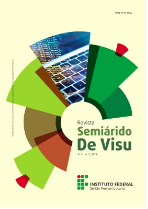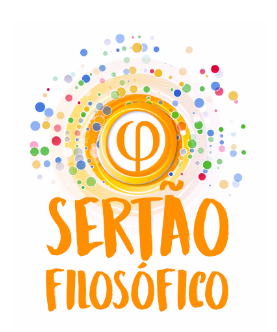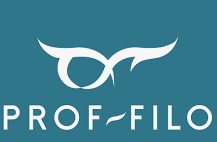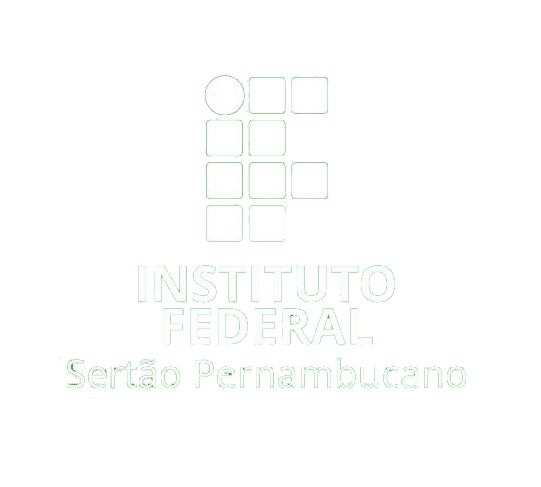Creative entertainment:
The philosophy in Disney/Pixar animations
Visualizações: 797DOI:
https://doi.org/10.31416/cacto.v2i1.345Keywords:
Inside Out, Toy Story, Detonate RalphAbstract
The present work of completion of course aims to build a philosophical vision of the Disney / Pixar cartoons, for that, we use three animations: Divertida Mente, Toy Story and Detona Ralph. We will take a journey through the history of philosophy and psychoanalytic issues. We have thus taken several bibliographical references but among the most current and striking we can mention the influence of Roland Barthes and Walter Benjamin in their texts on toys and games. The result of this investigation is the playful importance of animations for the construction of childhood and the reflection that these productions can have in adult life.
References
BARTHES, Roland. Brinquedos. In:_____. Mitologias. Trad. de Rita Buorgermino e Pedro de Souza. 11. Ed. Rio de Janeiro: Bertrand Brasil, 2001.
BAUDRILLARD, Jean. Senhas. Maria Helena Kuhner. Rio de Janeiro: Difel, 2001.
BIRMAN, J. Freud & a filosofia; Zahar 2003.
BENJAMIN, WALTER. REFLEXÕES SOBRE A CRIANÇA, O BRINQUEDO E A EDUCAÇÃO. SÃO PAULO: DUAS CIDADES; 34, 2002.
BROUGÈRE, GILLES. BRINQUEDO E CULTURA. 2. ED. SÃO PAULO: CORTEZ, 1997.
CAILLOIS, Roger. Os jogos e os homens. Lisboa: Cotovia. 1990.
COTRIM, G.; FERNANDES, M.: Fundamentos de filosofia. Vol. Único. Ed. Saraiva 2016.
CORSO, D.; CORSO, M.; Fadas no divã: psicanalise nas histórias infantis. Artmed, 2007.
DELEUZE, G. & GUATTARI, F. Devir intenso, devir animal, devir imperceptível. Em G. Deleuze & F. Guattari (Orgs.), Mil platôs (Vol. 4, pp.11-113). Rio de Janeiro: Ed. 34 Letras. (1997).
DE MASI, Domenico. O ócio criativo. Entrevista a Maria Serena Palieri. Tradução de: Ozio Creativo. Traduzido por: Léa Manzi. Rio de Janeiro: Sextante, 2000.
DUNKER, Christian. A mente pixar. 2015. Disponivel em: https://blogdaboitempo.com.br/2015/08/26/a-mente-da-pixar/ acessado as 15:21h de 12 de junho de 2020.
FREUD, Sigmund. Inibições, sintomas e ansiedade. In: FREUD, Edição standard brasileira das obras psicológicas completas de Sigmund Freud (Vol. 20). Rio de Janeiro: Imago, 1976.
HUIZINGA, Johan. Homo Ludens: O Jogo como elemento da Cultura. 5 edição: perspectiva, SP, 2001.
KONSTAM, David. A raiva e as emoções em Aristóteles: as estratégias do status. LETRAS CLÁSSICAS, n. 4, p. 77-90, 2000.
JUNG, Carl Gustav. Tipos psicológicos. Trad. Frei Valdemar do Amaral. 12. ed. Petrópolis: Vozes, 2012
LAPELOSO, Mariana. Teoria Pixar: A teoria que liga todos os filmes em um único universo! 2019. Disponível em: https://www.aficionados.com.br/teoria-pixar-a-teoria-que-liga-a-todos-os-filmes-em-um-unico-universo/ acessado as 12:45 de 12 de junho de 2020.
MIGUEL, Fabiano. Psicologia das emoções: uma proposta integrativa para compreender a expressão emocional. Psico-USF, Bragança Paulista, v. 20, n. 1, p. 153-162, jan./abr. 2015
SANTOS, Debora. Infâncias e Jogos digitais: uma investigação sobre o consumo infantil a partir do Minecraft. Dissertação de mestrado. Programa de Pós-Graduação em Consumo, Cotidiano e Desenvolvimento Social (PGCDS). Recife: UFRPE, 2018. 109 f.
SARTRE, A náusea. Rio de Janeiro : Nova Fronteira, 2011.
TRAJANO, Rosângela. Brincando de Filosofar. História resumida da filosofia antiga para crianças. Natal: Lucgraf, 2012.














